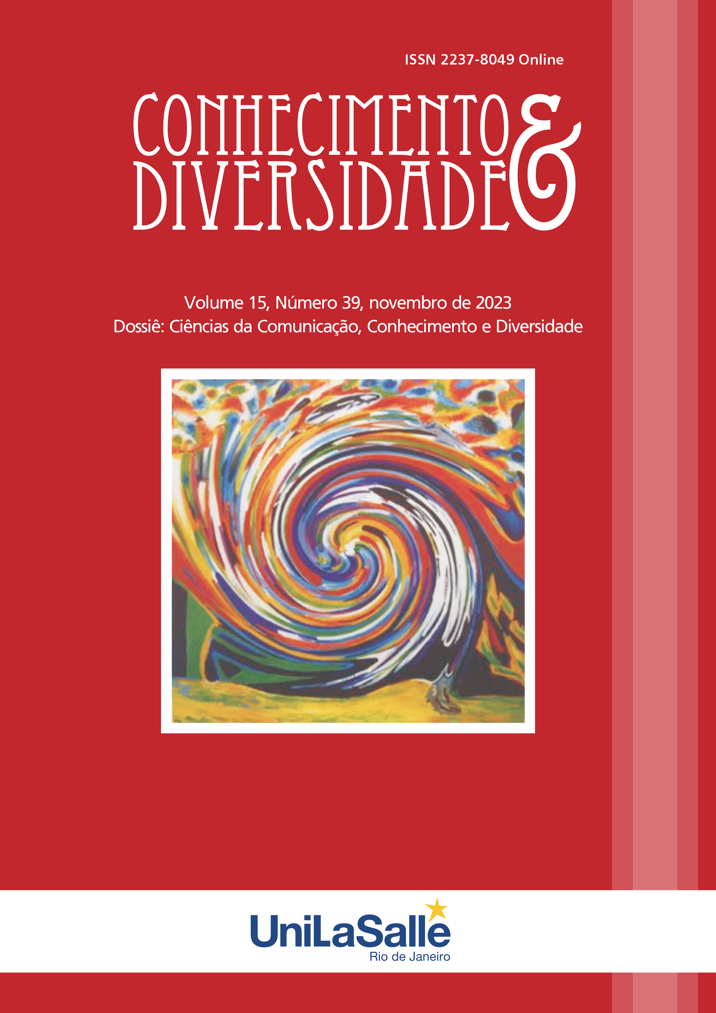ENHANCE STUDENTS’ LEARNING BY PROVIDING PERSONALIZED STUDY PATHWAYS
DOI:
https://doi.org/10.18316/rcd.v15i39.11130Keywords:
Personalized study pathways, Transform education, Learning styles, TechnologyAbstract
Personalized study pathways signify an evolutive learning approach to education, that is customized to meet the unique needs and interests of individual student. In contrast to the traditional "one size fits all" model, a personalized learning approach acknowledges the distinctiveness of each student, encompassing their unique learning styles, strengths, and areas for improvement. Furthermore, This approach uses advanced technologies and data analytics to customize lessons, content and assessments according to the specific requirements of each student. This Research paper explores the concept of personalized study pathways as a way to enhance student learning outcomes given that The traditional “one-size-fits-all” approach has encountered limitations in addressing the diverse learning needs and preferences of students. The theoretical framework includes an overview encompassing personalized study pathways, the transformation of education, learning styles, technology, and its potential implications for enhancing educational system.
References
Kim, Y., & Yang, M. (2022). "Design principles for personalized learning environments: A literature review." Computers & Education, 177, 104316.
Means, B., & Neisler, J. (2020). "Personalized learning: What it really is and why it really matters." Digital Promise.
Vander Ark, T. (2020). "Getting Smart on Personalized Learning: How School Networks Improve Student Success." Jossey-Bass.
Darling-Hammond, L., & Ifill-Lynch, O. (2021). "How to Center Equity: Seven Structures and Policies for Personalized, Project-Based Learning." Stanford Center for Opportunity Policy in Education.
McLeod, S., & Hobson, J. (2021). "Personalized learning: What's next? A literature reviews." Journal of Research on Technology in Education, 53(1), 41-54.
Downloads
Published
Issue
Section
License
Copyright (c) 2023 Ikram Amzil, Souhaib Aammou, Tagdimi Zakaria

This work is licensed under a Creative Commons Attribution 4.0 International License.
As recommended by the Public Knowledge Project, RCD adopts for its articles a CREATIVE COMMONS Attribution CC BY 4.0 license.
This license allows others to distribute, remix, adapt and build upon your work, even commercially, as long as they credit you for the original creation.
This is the most appropriate license offered.
Recommended for maximum dissemination and use of licensed materials.



